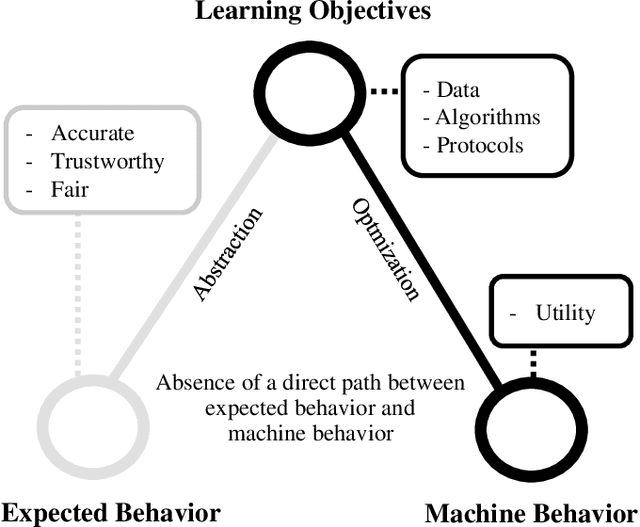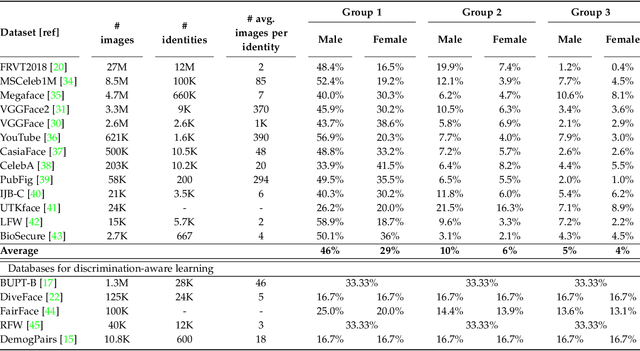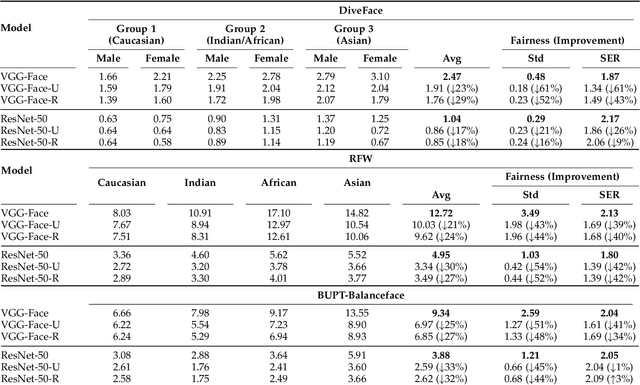SensitiveLoss: Improving Accuracy and Fairness of Face Representations with Discrimination-Aware Deep Learning
Paper and Code
Apr 22, 2020



We propose a new discrimination-aware learning method to improve both accuracy and fairness of face recognition algorithms. The most popular face recognition benchmarks assume a distribution of subjects without paying much attention to their demographic attributes. In this work, we perform a comprehensive discrimination-aware experimentation of deep learning-based face recognition. We also propose a general formulation of algorithmic discrimination with application to face biometrics. The experiments include two popular face recognition models and three public databases composed of 64,000 identities from different demographic groups characterized by gender and ethnicity. We experimentally show that learning processes based on the most used face databases have led to popular pre-trained deep face models that present a strong algorithmic discrimination. We finally propose a discrimination-aware learning method, SensitiveLoss, based on the popular triplet loss function and a sensitive triplet generator. Our approach works as an add-on to pre-trained networks and is used to improve their performance in terms of average accuracy and fairness. The method shows results comparable to state-of-the-art de-biasing networks and represents a step forward to prevent discriminatory effects by automatic systems.
 Add to Chrome
Add to Chrome Add to Firefox
Add to Firefox Add to Edge
Add to Edge